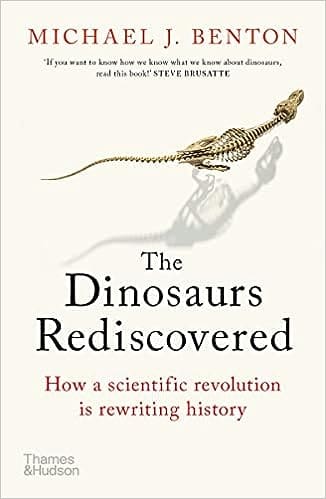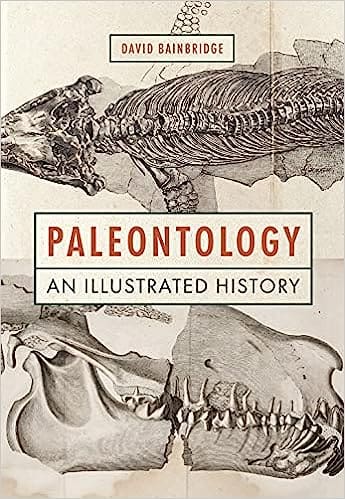Definition
Paleontology is the scientific study of the history of life on Earth through the examination of plant and animal fossils.
Expanded Explanation
Paleontology combines aspects of biology and geology to understand the processes that have led to the origination and eventual extinction of different species throughout Earth’s history.
Importance
Paleontology provides essential insights into our planet’s history and the evolutionary processes that led to the current biodiversity. This knowledge can help predict how species might respond to future changes in the environment.
Context and Usage
Paleontology is used in various contexts, from understanding geological history to evolutionary biology and environmental conservation. It is also critical to the study of climate change and its impact on biodiversity.
Examples
- Example 1: Paleontologists examine fossils of dinosaurs to understand how these creatures lived, evolved, and eventually became extinct.
- Example 2: Paleontological studies of ancient plant life can provide valuable information about the Earth’s past climate conditions.
Understanding Paleontology
A common misconception about paleontology is that it’s solely about dinosaurs. In fact, paleontology studies all kinds of fossils, from microscopic organisms to plants, to understand life’s evolution on Earth.
Related Glossary Terms
- Paleobiology: This term is related as it’s a branch of paleontology focusing on the biology and behavior of ancient organisms.
- Geology: The study of the solid Earth and its processes, geology often overlaps with paleontology, especially in the study of sedimentary rock layers where fossils are found.
Visual And Reading Aids
External Resources for Further Reading on the Glossary Term
Related Articles
- Unfolding Earth’s Past: A Deep Dive into Fossils
- The Role of Paleontology in Understanding Earth’s History

